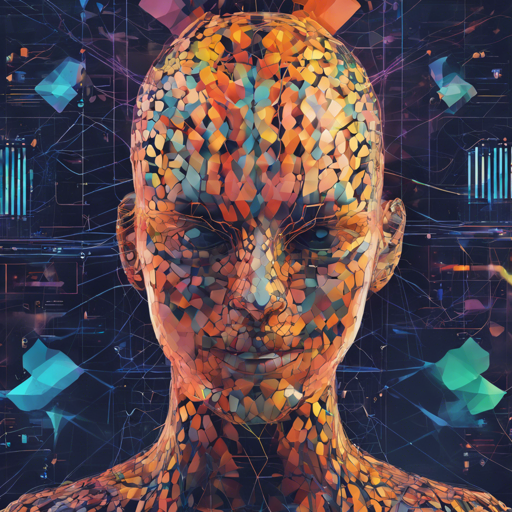If you’re fascinated by the world of image generation, particularly with text-to-image models like FLUX.1-dev, you’re in for an exciting experience! This guide will walk you through the process of utilizing the FLUX.1-dev LoRA to create stunning images. Let’s dive right into the art of conjuring visuals from text!
What You’ll Need
- Basic knowledge of Python and programming environments
- An installed version of PyTorch
- The FLUX.1-dev model from Hugging Face
- The FLUX LoRA model for Anti-Blur
Step-by-Step Instructions
1. Setting Up Your Environment
First, ensure you have Python installed along with the necessary libraries. You’ll primarily need torch and diffusers. You can install these using:
pip install torch diffusers2. Loading the FLUX.1-dev Model
Load the model using the following piece of code:
import torch
from diffusers import FluxPipeline
pipe = FluxPipeline.from_pretrained("black-forest-labs/FLUX.1-dev", torch_dtype=torch.bfloat16)This is akin to setting up your canvas before you start painting!
3. Adding the LoRA Weights
Next, you will want to add the Anti-Blur feature to enhance the depth of field:
pipe.load_lora_weights("Shakker-Labs/FLUX.1-dev-LoRA-AntiBlur", weight_name="FLUX-dev-lora-AntiBlur.safetensors")
pipe.fuse_lora(lora_scale=1.5)
pipe.to("cuda")Imagine this step like sharpening the tools of your trade for that perfect stroke!
4. Generating the Image
Time to unleash your creative prompt! Here’s how you generate an image:
prompt = "a young college student, walking on the street, campus background, photography"
image = pipe(prompt, num_inference_steps=24, guidance_scale=3.5, width=768, height=1024).images[0]
image.save("example.png")Here, you’re essentially describing the scene you want to be painted.
5. Online Inference
If you prefer, you can also generate images using the online inference service provided at Shakker AI.
Troubleshooting Tips
- If you encounter an error related to memory, try reducing the
num_inference_stepsorheight/widthparameters. - Ensure that your GPU is properly configured and recognized by PyTorch.
- For additional resources or community support, explore Hugging Face for the latest discussions and updates.
- For more insights, updates, or to collaborate on AI development projects, stay connected with fxis.ai.
Wrapping Up
By following these steps, you can create beautiful images with the FLUX.1-dev LoRA model. Each parameter allows you to paint your own story, while the Anti-Blur features enhance your artistic output. Dive into the exciting realm of image generation and watch your prompts come to life!
At fxis.ai, we believe that such advancements are crucial for the future of AI, as they enable more comprehensive and effective solutions. Our team is continually exploring new methodologies to push the envelope in artificial intelligence, ensuring that our clients benefit from the latest technological innovations.

